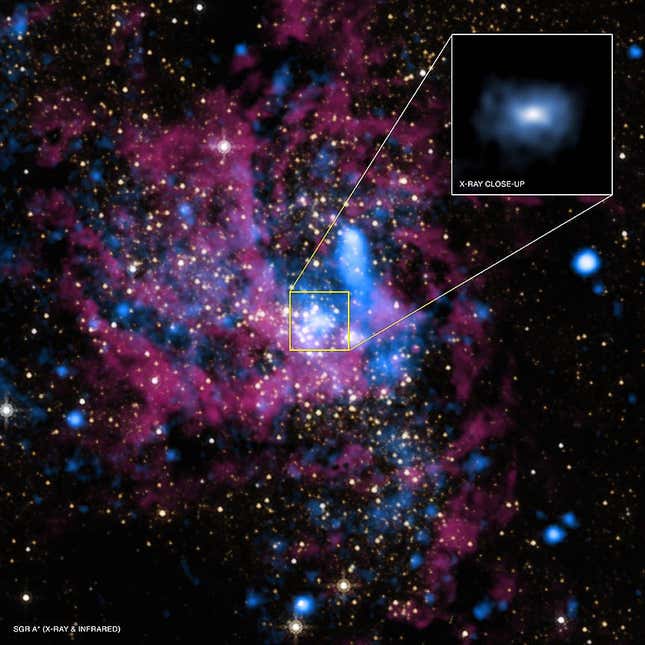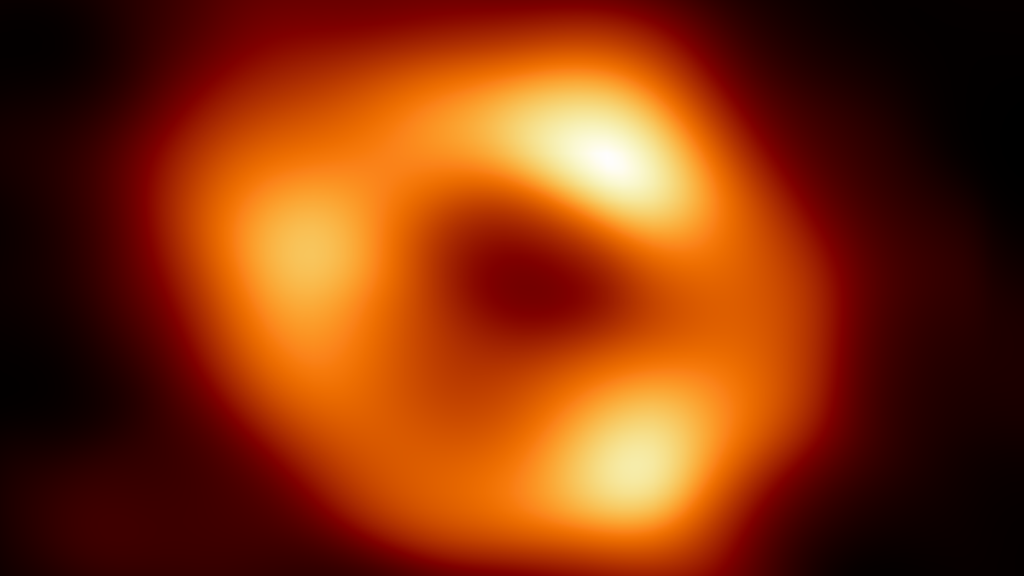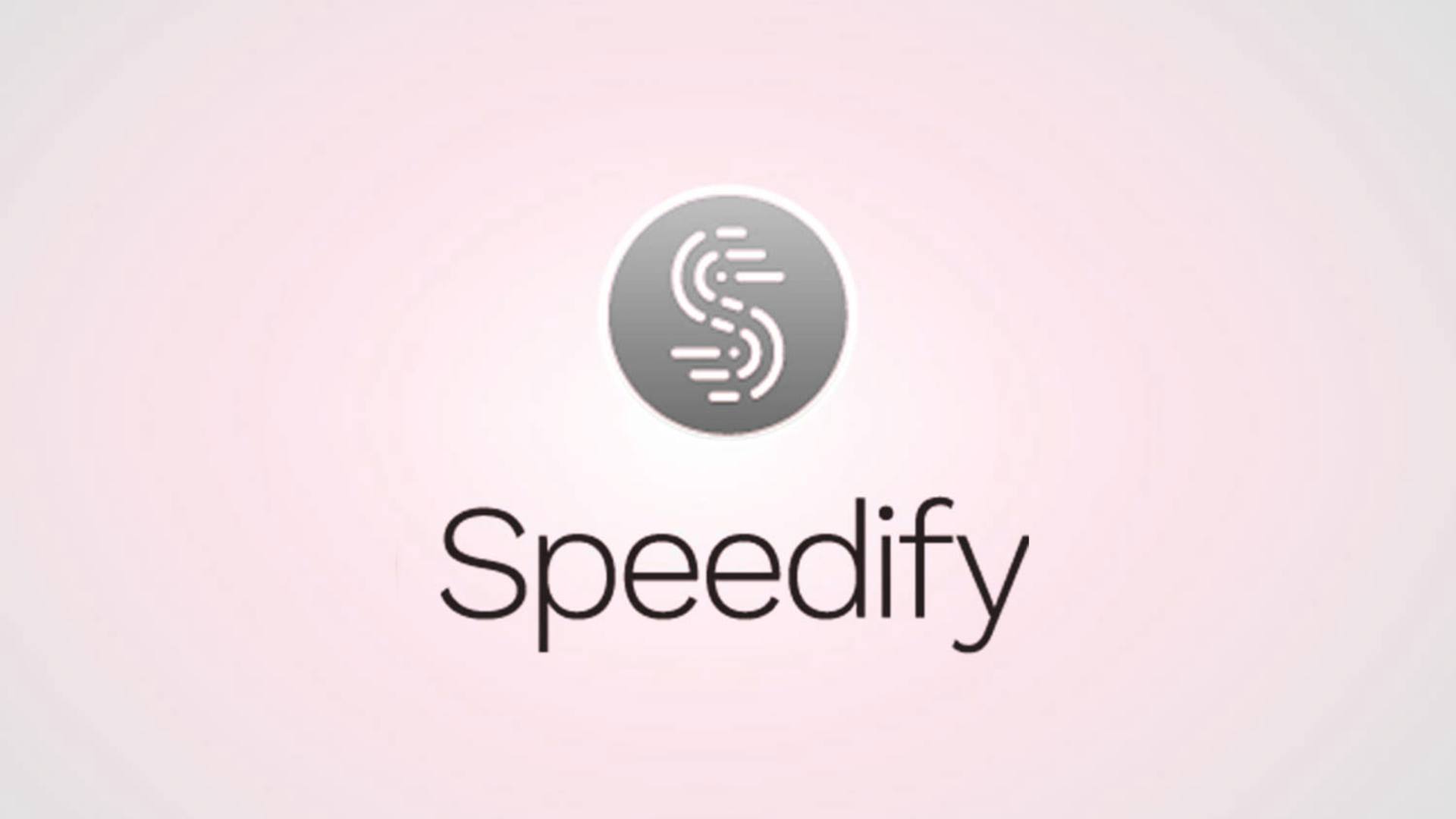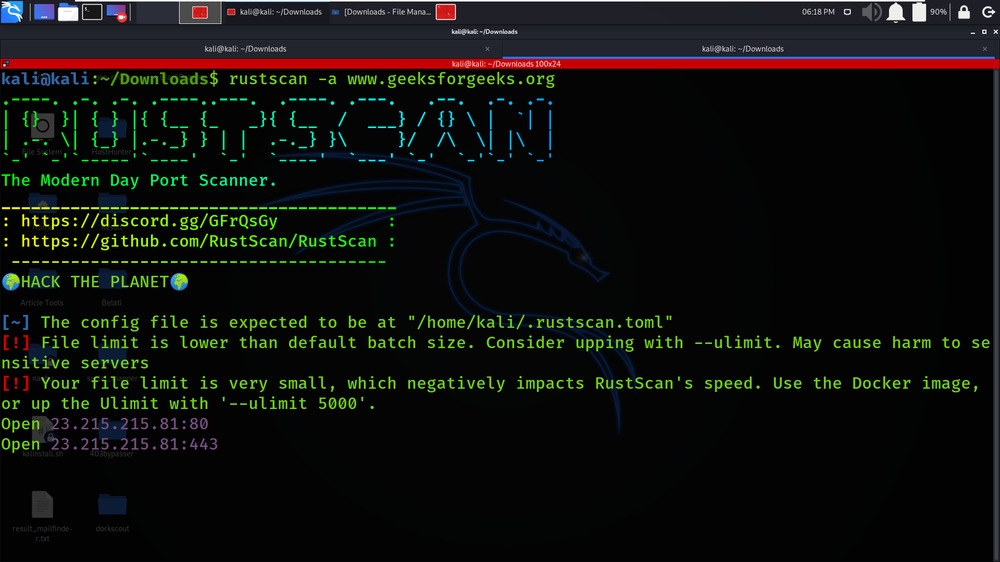If you want to stay grounded—which is to say, you want a haunting reminder of your own diminutive size and mortality—do I have the tool for you. Meet Galactic Compass: an app which will point the user towards the whopping black hole at the center of our galaxy, Sagittarius A*.
How Dave Bautista Raised His Game For Dune: Part Two
As you read this article, you are hurtling through space on a spinning, wobbling sphere, which is itself spinning around a hot ball of gas at the center of our solar system. But if you zoom much, much farther out, our solar system is just a pinprick on the outskirts of the Milky Way, a 100,000-light-year-wide galaxy with a 4.6-billion-solar-mass behemoth at its core.

It’s surprisingly easy to forget about the giant at the heart of our galaxy, which is named Sagittarius A* (pronounced “A-star”). Like all black holes, Sagittarius A* doesn’t emit light. However, its immediate vicinity is bright; the black hole pulls superheated matter towards it as it feeds, emitting a bounty of X-rays and radio waves.
The app was developed by Matt Webb (no relation to the space telescope) and released on the App Store last month. Webb created the app using ChatGPT and the development tool Xcode, despite not knowing Swift, the language used to code iOS apps. You can read a full breakdown of how Webb produced the app on hid blog, Interconnected.
“Once upon a time I trained myself to always know where to look, and the centre of the galaxy moves of course over the day and the year,” Webb wrote. “So I would end up pointing through the pavement, or down a street, and thinking, ‘huh, that’s where it is.’”
The app’s simple interface consists of a bright green arrow on a white backdrop, which points you towards the galactic center no matter how you orient your phone. And before you ask, yes: it has a dark mode.
The black hole itself, of course, doesn’t allow light to escape its event horizon, leaving the core of the Milky Way pitch black. Nevertheless, telescopes (namely the Event Horizon Telescope) can image the black hole’s shadow and the high energy region surrounding it.
While Galactic Compass is handy for locating the Milky Way’s supermassive black hole, other star gazing apps, such as Sky Guide and Night Sky, also offer similar capabilities. And even if your favorite app doesn’t have Sagittarius A* listed specifically in its catalog, it likely includes the Sagittarius constellation. This constellation is key to finding the approximate location of Sagittarius A*, which is near the border of Sagittarius and Scorpius. More specifically, it’s located between the Tail of Scorpius and the Teapot of Sagittarius. By locating this area, you can identify the region of the sky where the supermassive black hole resides, although you won’t be able to see it with the unaided eye.
Galactic Compass is a fun exploration of ChatGPT’s capabilities, one that will help you to keep a global galactic perspective as you move about the world.
More: Grasp the Size of a Black Hole in This New NASA Animation






